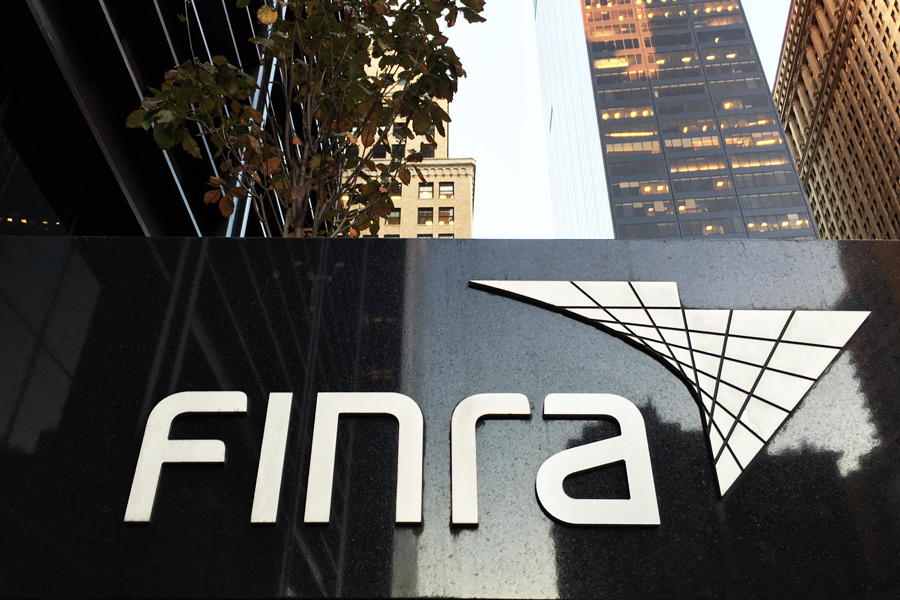

The Financial Industry Regulatory Authority Inc. Tuesday fined LPL Financial $3 million for falling down on its oversight of two financial advisors who pocketed $2.4 million from 13 clients, mostly senior citizens.
The two advisors, who are not named in the Finra settlement, from May 2018 to August 2020 "converted" — or stole — the clients' funds by having them write checks or make wire transfers of funds to various entities they controlled. The advisors were working independently from each other, according to Finra.
Finra claimed that LPL failed to establish "a system reasonably designed to supervise the transmittal of customer funds by wire or check to third parties and to respond reasonably to red flags of potential conversion."
One broker used as much as $550,000 in client funds to pay his own personal and business expenses, according to Finra. The second broker took almost $1.9 million from clients and used most of it to buy real estate, according to Finra.
Finra also claimed that from January 2018 through January 2022, "LPL failed to have a supervisory system reasonably designed to detect possible instances of signature forgery or falsification."
During that time period, at least 50 LPL sales reps "electronically signed another person’s name on over 1,000 LPL documents, including on documents which were required books and records of the firm," according to Finra. "One was an electronic forgery on a wire transfer request form in August 2020."
LPL Financial is the largest broker-dealer in the country as determined by financial advisor head count, with more than 26,000 financial advisors and registered reps operating across various business lines, with the vast majority as independent contractors.
Known for a long history of mergers and acquisitions, LPL just Tuesday said it was acquiring the wealth management business of Crown Capital Securities, an Orange County, California-based broker-dealer and registered investment advisor with 260 financial advisors and $6.5 billion in assets under its roof.
According to the settlement with Finra, LPL accepted Finra's findings without admission or denial. LPL also agreed to pay restitution of $100,000, plus interest, to the clients harmed in the matter.
"LPL takes its compliance obligations seriously and has made investments to address the underlying issues related to this matter," a company spokesperson wrote in an email. "The firm fully cooperated with regulators to resolve and remediate this matter."
According to Finra, the matter originated when LPL notified the self-regulator several weeks before filing the appropriate industry paperwork that it had terminated or fired one of its registered representatives for taking or misappropriating customer funds.
LPL allegedly violated a number of industry rules in the matter, including: broker-dealer requirements to monitor transmittal of client funds; LPL's failure to reasonably supervise sending of customer funds and that the firm's supervisory systems were not reasonably designed.
LPL also allegedly failed to reasonably respond to red flags, and it failed to have a reasonable system to supervise electronic signatures and maintained inaccurate records, according to Finra.

Canadian stocks are on a roll in 2025 as the country prepares to name a new Prime Minister.

Two C-level leaders reveal the new time-saving tools they've implemented and what advisors are doing with their newly freed-up hours.

The RIA led by Merrill Lynch veteran John Thiel is helping its advisors take part in the growing trend toward fee-based annuities.

Driven by robust transaction activity amid market turbulence and increased focus on billion-dollar plus targets, Echelon Partners expects another all-time high in 2025.

The looming threat of federal funding cuts to state and local governments has lawmakers weighing a levy that was phased out in 1981.
RIAs face rising regulatory pressure in 2025. Forward-looking firms are responding with embedded technology, not more paperwork.
As inheritances are set to reshape client portfolios and next-gen heirs demand digital-first experiences, firms are retooling their wealth tech stacks and succession models in real time.
